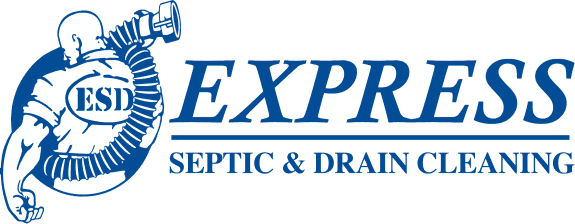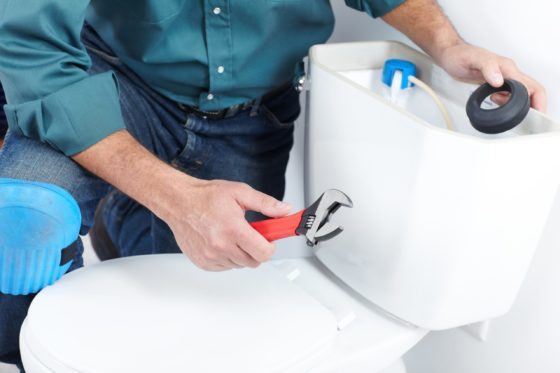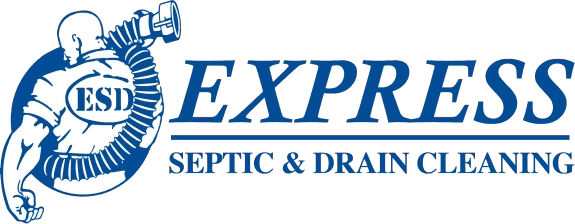Compared to traditional sewer systems, septic systems are quite a bit more complex. Numerous issues can impact the septic system’s ability to break down waste and function properly. This is why it is important to use the right type of toilet paper, as it can help to prevent many potential issues. With this in mind, here is everything you need to know about which types of toilet paper are truly septic safe.
What Does “Septic Safe” Mean?
The term “septic safe” essentially means that toilet paper will break down quickly into much smaller pieces and that it is free from chemicals that could damage the baster inside of your tank. As a result, septic-safe toilet paper is less likely to damage your septic system. Septic-safe toilet paper is also less likely to clog your pipes since it breaks down so quickly as soon as it is exposed to water.
Choosing toilet paper that rapidly dissolves is important since it reduces the amount of solids inside of your septic tank. Basically, the fact that the paper breaks down so much means that it takes up less space inside the tank. When too much solid waste is present inside the tank, it can harm the tank’s ability to function properly and break everything down. Too much solid waste can also increase the frequency that you will need to have your septic tank pumped. Even worse, it could cause the tank to overflow and leak toxic waste into your yard or around the tank.
Toilet paper and other solid waste sinks to the bottom of the septic tank and creates sludge. When working properly, the tank is full of beneficial bacteria that help to break down much of this sludge. Without this ability, the solid waste would quickly build up and need to be pumped out much more often. The only problem is that there are a large number of chemicals that can damage or kill off the bacteria, which results in more solid waste building up inside the tank. This is why toilet papers that contain too much bleach or other chemicals are also not considered septic safe.
Septic-safe toilet papers come in a variety of different types. Some are made from wood fibers, as with traditional toilet paper, whereas others are made from a variety of other plant fibers. The one thing that they tend to all have in common is that they are usually only one- or two-ply because this ensures that they will break apart into small pieces more easily.
Biodegradable Toilet Paper
Biodegradable toilet tissue is one septic-safe option. This type of toilet paper requires much less water to break it down and also dissolves much more quickly, making it a great option for septic systems. Unfortunately, biodegradable toilet paper does have a few major drawbacks. For starters, it tends to be more expensive than other types of toilet paper. In addition, it is usually not nearly as thick or as soft as most other papers.
Recycled Toilet Paper
As you might guess, recycled toilet paper is made from recycled paper, such as newspaper or printer paper. Compared to normal toilet paper, the fibers in recycled toilet paper are much shorter and smaller. This means that recycled paper breaks down more quickly and into much smaller pieces. The other advantage of recycled toilet paper is that it is not bleached like traditional toilet paper. As such, it does not contain any chemicals that could harm the bacteria inside of your septic tank. Recycled toilet paper is usually cheaper, but it is also much thinner and nowhere near as soft or durable as traditional toilet paper.
Bamboo, Cotton, and Other Types of Toilet Paper
There are also types of toilet paper that are made out of other plant fibers instead of wood. These are not only better for the environment, but they are almost always septic safe as well since they break down much more quickly than traditional wood-based paper. Some manufacturers make toilet paper out of the fibers from bamboo, sugar cane, or other fast-growing plants. There are also companies that combine cotton fibers with wood fibers to make toilet paper. By adding cotton fibers to the paper, the combination ensures that it will dissolve much more rapidly in water.
Certified “Septic-Safe” Toilet Paper
A lot of manufacturers claim that their toilet tissue is safe for septic systems. Still, how do you know that this claim is actually true and not just a marketing gimmick? Almost all biodegradable and recycled toilet papers are safe to use in septic systems, but with all other types, it can be difficult to know. The National Sanitation Association makes this easy with its “septic-safe” certification. Instead of just taking the manufacturer’s word for it, it is always best to look for brands that are “septic-safe” certified.
This nonprofit organization tests a variety of different products in terms of health and environmental safety. One such area that it tests is different types or brands of toilet paper in order to determine how quickly each dissolves or breaks down. Those toilet papers that dissolve rapidly and are thus okay to use in septic systems are given the NSA’s “septic-safe” certification.
Additional Ways to Protect Your Septic System
Using the right type of toilet paper is essential for the health and function of your septic system. However, toilet paper is far from the only thing that can lead to septic issues.
Many chemical products can harm the bacteria inside of your septic tank and lead to more sludge buildup and a more frequent need for septic pumping. Chemical drain cleaners should absolutely never be used in a septic system because the harsh chemicals will quickly destroy most of the bacteria in your tank. When this happens, it can take months for the bacteria to build back up and for the system to start working properly again. You should also avoid pouring bleach or any other chemical cleaners down the drain for the same reason. If possible, it is best to use natural or biodegradable cleaning products to avoid any potential issues.
Toilet paper that does not break down easily contributes to increased solids inside of your septic tank. The same is also true of food particles and any other solid materials that go down the drain. This is why it is generally not recommended to use a garbage disposal with a septic system and to do your best to avoid washing food down the drain. Basically, the only thing that should ever go down into your septic system is waste and toilet paper. You should especially avoid flushing items like paper towels, wet wipes, and feminine hygiene products because these will generally not break down inside the septic tank.
Fat, oil, and grease can also cause huge problems for your plumbing and septic system. These can all solidify inside of your pipes and cause clogs or blockages with a traditional plumbing system. However, they can also cause additional problems in a septic system even if they do not create a clog inside the pipes. Specifically, they can clog the drain field and potentially pollute the surrounding soil. When this happens, the drain field will be unable to absorb or process the liquids coming out of the septic tank. This can potentially lead to you having to replace the entire septic system.
Professional Septic Pumping and Services
Express Septic & Drain Cleaning is the name to trust in Nampa, ID for all of your septic services. We specialize in septic tank pumping, inspections, and testing. Our team repairs existing septic systems. We also offer septic tank and drain field installation and replacement as well as enzyme treatments to keep your septic system working properly. Contact Express Septic & Drain Cleaning today for more information about any of our services or to schedule an appointment.



